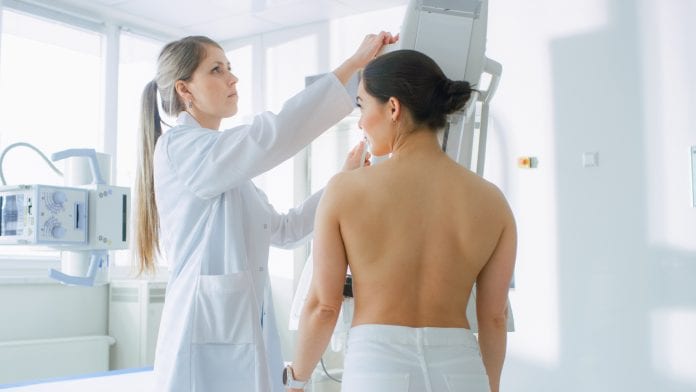
Scientists at the National Institutes of Health have found that contrary to previous knowledge, breast cancer risk remains elevated 20-30 years after childbirth.
Generally, women who have previously given birth have a lower risk of breast cancer compared to women who have never given birth. However, new research has found that mothers do not experience this breast cancer protection until many years later and may face elevated breast cancer risk for more than 20 years after their last pregnancy.
Breast cancer risk increases years after a birth
According to senior author Dale Sandler, Ph.D., head of the Epidemiology Branch at the National Institute of Environmental Health Sciences (NIEHS), previous studies reported an increase in breast cancer risk after childbirth.
However, most of what researchers knew about breast cancer risk factors came from studies of women who have gone through menopause. Therefore, making this particular topic difficult to study as breast cancer is relatively uncommon in younger women.
Sandler explains: “We were surprised to find that an increase in breast cancer risk lasted for an average of 24 years before childbirth became protective.”
“Before this study, most researchers believed that any increase in risk lasted less than 10 years.”
Additional factors have now been addressed
The scientists also found that the association between recent childbirth and breast cancer risk was stronger for women who were older at first birth, had more births, or had a family history of breast cancer.
Breastfeeding did not appear to have any protective effect, even though it is generally thought to reduce breast cancer risk. Many of these additional factors were not addressed in earlier studies, underscoring the statistical power of this larger project.
Time to find ways to predict breast cancer risk
Hazel Nichols, University of North Carolina Lineberger Comprehensive Cancer Center, USA, adds: “This difference is important because it suggests that we may need to develop tools for predicting breast cancer risk that are specific to young women.”
“Doing so would help women talk to their health care providers about when they should start mammography screening.”
Nichols explained that childbirth is an example of a risk factor that is different for younger women than older women.







